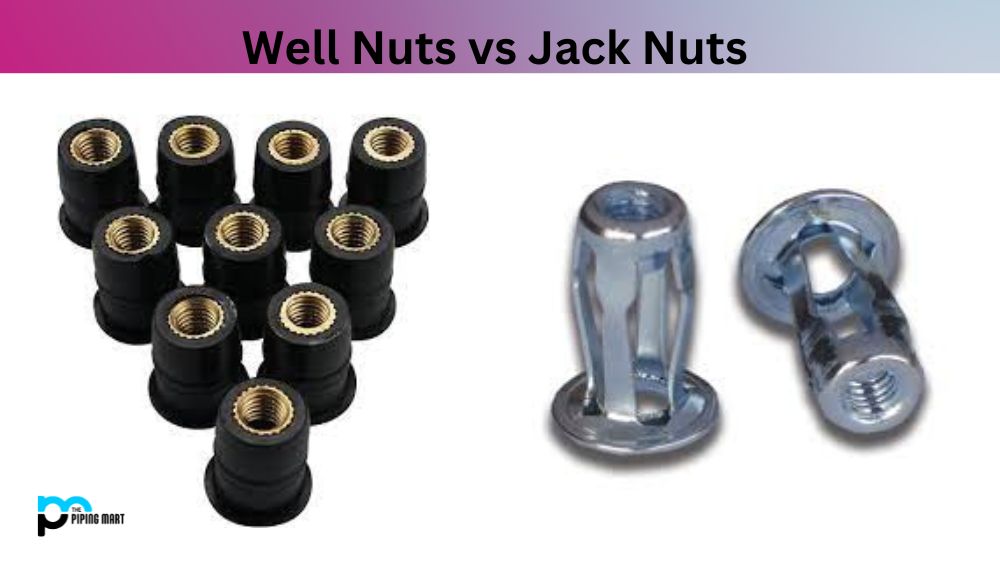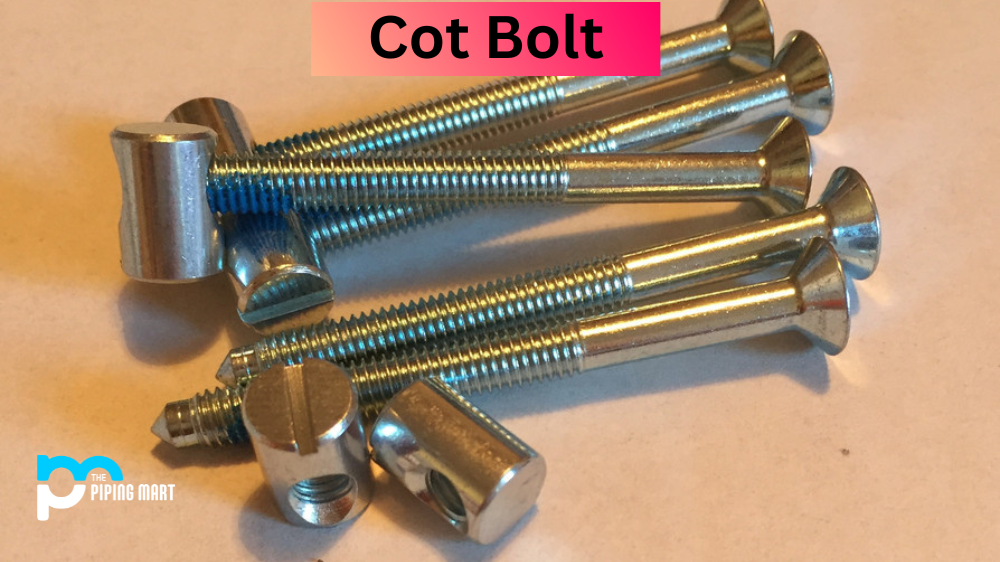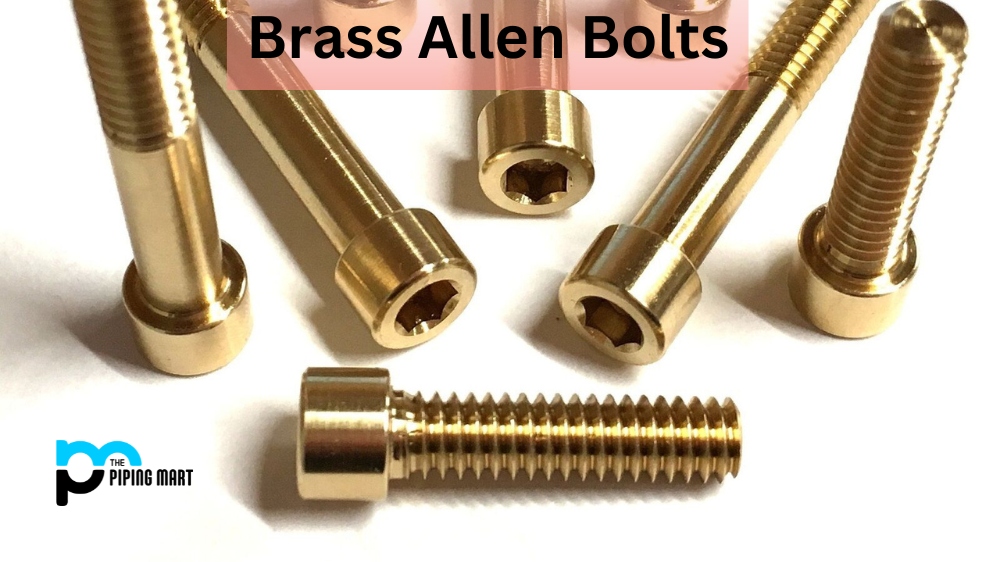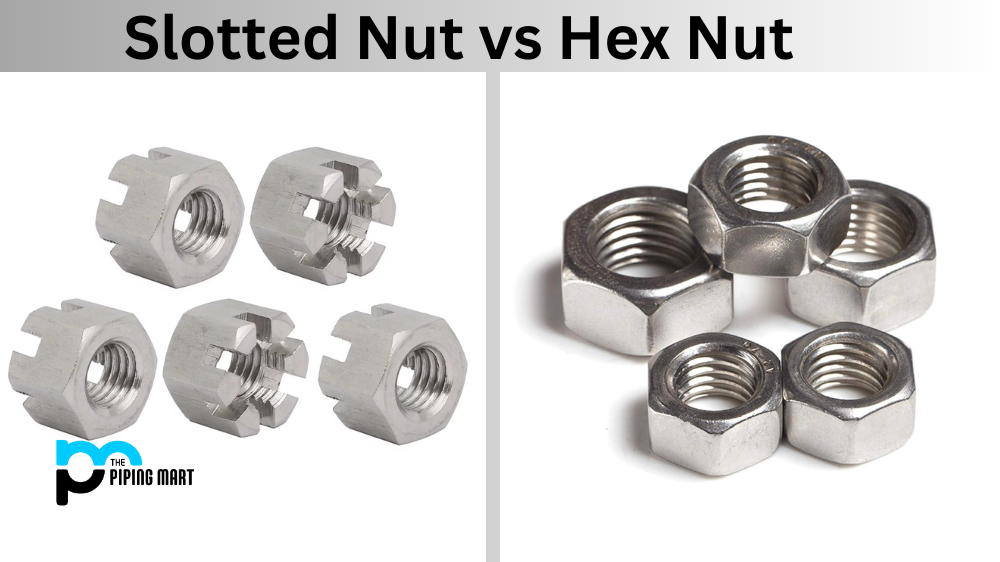When fastening and securing parts, nuts and bolts are often used. However, these traditional fasteners sometimes need to work better in certain applications. This is where speciality fasteners, such as the well nut and jack nut, come in. If you’ve never heard of these fasteners or aren’t sure what the difference is, don’t worry! In this blog post, we’ll review the key differences between the well nut and jack nut and when you might want to use each one.
What is Well Nut?
Well Nut is a type of nut-like fastener made from plastic and metal. It combines a hard internal thread with an external plastic body that provides flexibility, allowing for easy installation on surfaces such as wood or concrete without needing tools. The flexible design also offers superior vibration resistance, making them ideal for applications where shock loading is likely. Well Nuts are light, corrosion-resistant, and reusable, making them an economical choice in many situations.
What is Jack Nut?
A Jack nut, a clip nut, is a fastener often used in engineering and construction projects. It consists of a thin metal plate with an integral threaded hole. It’s most commonly used to secure two or more components, such as attaching plywood to steel framing. The jack nut can be tightened with the help of ordinary tools like pliers or wrenches, making it easy and convenient to use. Compared to other types of conventional fasteners like bolts and nuts, jack nuts are corrosion-resistant due to their tough ferrous alloy composition. They’re also lightweight yet highly durable and strong enough for heavy-duty applications in both indoor and outdoor settings. The cost-effectiveness of jack nuts makes them widely preferred for industrial applications at competitive prices.
Difference Between Well Nut and Jack Nut
Definition and Design
Both well nuts and jack nuts are blind fasteners, meaning they are designed to be inserted from only one side. A well nut is a rubber nut with a flanged head that expands when tightened. The head flange allows a greater surface area to be pressed against the fastened material, making it more secure. On the other hand, a jack nut has a threaded bolt inserted into a sleeve. The sleeve expands when the bolt is tightened, creating a secure hold.
Material and Applications
Well nuts and jack nuts also differ in terms of the materials they work best with and the applications they are suited for. Well nuts are usually made from rubber, making them ideal for damp or vibration-prone environments because the rubber absorbs shock and reduces the risk of loosening over time. Well nuts are commonly used in automotive, marine, and plumbing industries. Jack nuts are generally made from metal and are best suited for thinner materials because they provide a stronger hold. Applications for jack nuts include electronics, aerospace, and automotive industries.
Installation Process
The installation process for well nuts and jack nuts is also different. Well nuts are easy to install and require only a simple hole drilled. The well nut is then inserted into the hole, tightened, and the excess is trimmed off. Jack nuts require a slightly more complicated installation process because they require a hole to be drilled and a threaded insertion tool. The installation tool is inserted into the sleeve and then screwed into place, which causes the sleeve to expand and grip the material.
Strength and Load Capacity
Finally, when comparing well nuts and jack nuts, it’s worth noting that they differ in terms of their strength and load capacity. Well nuts are less strong than jack nuts, making them suitable for lighter loads and applications. On the other hand, Jack nuts are much stronger and can withstand higher loads. They are designed to hold fast in tough applications with common vibration and sudden movement.
Conclusion:
Well nuts and jack nuts have similarities and differences but are both important specialty fasteners. Choosing between a well nut and a jack nut will depend on several factors, including the materials you are fastening, the application, and the load capacity requirements. When in doubt, consult an expert or research which fastener will work best for your specific application. You can ensure your parts are securely fastened for the long haul with the right fastener.

A passionate metal industry expert and blogger. With over 5 years of experience in the field, Palak brings a wealth of knowledge and insight to her writing. Whether discussing the latest trends in the metal industry or sharing tips, she is dedicated to helping others succeed in the metal industry.




